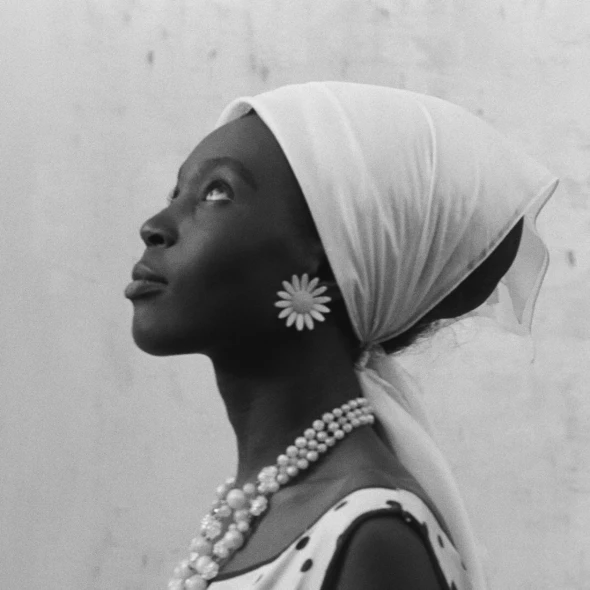
"Movies have been an integral part of my life," says Mo Abudu. "The magic of cinema fueled my passion for storytelling, contributing to my decision to venture into the entertainment industry. As a storyteller, I have embraced the transformative power of storytelling, aligning seamlessly with my mission to redefine Africa's narrative and empower women through media."
Abudu is the London-born, Nigeria-raised media mogul and founder of EbonyLife Media, as well as a philanthropist and the writer, director and producer behind, most recently, the 2023 short film Iyawo Mi (My Wife).
"Africa has long been relatively silent in global storytelling, a realization that fuels my commitment to amplifying African narratives through film," she explains. "Our continent is a treasure trove of thrilling and fascinating stories deeply rooted in diverse cultures and histories. It is essential that our stories are authentically told, capturing the essence of our history, the complexities of the present, and the boundless possibilities of the future. Through our storytelling, we have the power to challenge stereotypes, bridge cultural gaps, and contribute to a more nuanced global perspective, embracing our African identity with pride and letting our imagination drive us into uncharted territories."
Abudu spotlights the power of African cinema through the Academy Museum's screening series, Echoes of Africa, which runs from Feb. 1 – 9. Co-presented with the NAACP, the series presents a vivid mosaic of African perspectives, capturing the enduring resonance of African cinema.
"This collaboration not only grants us a platform in the heart of Los Angeles but also emphasizes the importance of cultural exchange through film," says the guest programmer. "Film, being a potent medium of expression, becomes a vehicle for understanding and respecting each other's stories, traditions, and cultures. Echoes of Africa is more than a film series; it is a cultural bridge that contributes to a global dialogue, promoting a world where diverse voices are celebrated, and mutual understanding thrives."
Below, Abudu shares with A.frame five films that have had a profound impact on her, two of which — The Little Girl Who Sold the Sun and Atlantiques — are featured as part of Echoes of Africa.
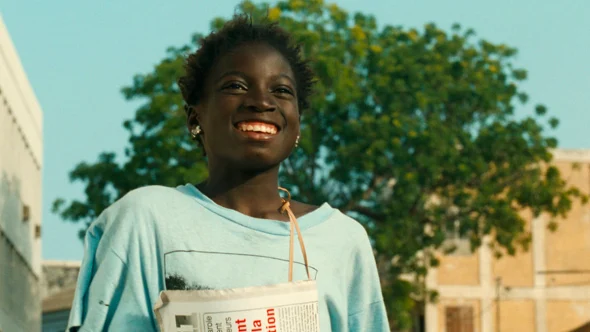
Written and Directed by: Djibril Diop Mambéty
The Little Girl Who Sold the Sun tells the inspiring story of Sili, a young girl with a physical disability selling newspapers on the streets of Dakar. Sili's determination and courage make her a symbol of resilience and hope, and my fascination with the film stems from its portrayal of a young African girl daring to dream. In a world where disability often invites prejudice and limitations, Sili's story becomes a beacon of inspiration. The film not only showcases the strength of the human spirit but also challenges societal perceptions of what is possible. My fascination with this film reflects an appreciation for narratives that celebrate the triumph of the human will, offering a refreshing perspective on resilience and determination.
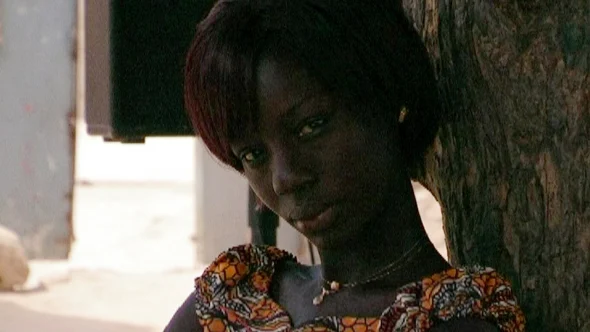
Directed by: Mati Diop
Mati Diop's Atlantiques serves as a compelling precursor to her acclaimed feature, addressing migration and the dreams of young individuals in Senegal. The film follows a group of young men aspiring for better lives as they gather on a beach, contemplating a transoceanic journey to Europe. My fascination with the film is rooted in the characters' daring dreams and their willingness to step outside their comfort zones. Atlantiques captivates by tapping into the universal human desire for opportunities and prosperity. The film not only sheds light on the hardships faced by those pursuing a better life but also underscores the courage required to embark on such a journey. My fascination with the film resonates with the audacity of dreams and the resilience found in individuals pushing against the borders of their homeland in search of a brighter future, but is the grass greener on the other side?
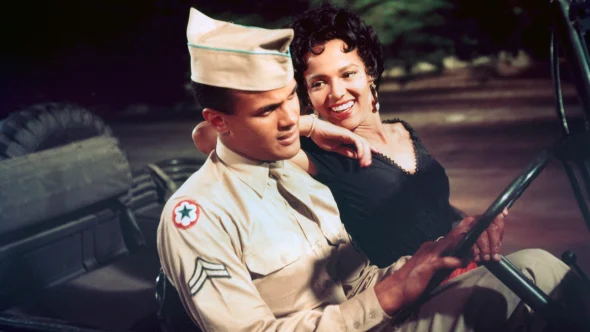
Directed by: Otto Preminger | Written by: Harry Kleiner
Carmen Jones takes audiences on a sensual and emotionally charged journey through the passionate love affair between Carmen and Joe. Set against the backdrop of a predominantly African American cast, the film challenges the prevailing stereotypes of Black characters during its era. As a young Black girl growing up in England, the film's portrayal of complex love, sensuality, and the depth of Black characters were thrilling for me.
My fascination with Carmen Jones is not only justified but also rooted in the film's groundbreaking representation. During the early days of filmmaking, such depictions of Black characters were a rarity, making the film a trailblazer in reshaping narratives. The exploration of love, jealousy, and betrayal transcends racial boundaries, offering a nuanced portrayal that resonates on a personal and cultural level.
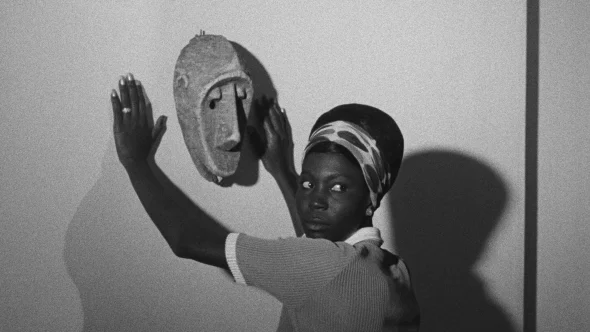
Written and Directed by: Ousmane Sembene
Black Girl weaves a powerful narrative around Diouana, a young Senegalese woman thrust into a life of servitude in France. The film, set against the backdrop of the 1960s, explores Diouana's challenges and alienation as she questions her life abroad. My fascination with the film stems from its compelling depiction of a young Black woman navigating the complexities of a foreign country during a tumultuous era.
The film's ability to delve into the challenges faced by Diouana resonates on a personal level, offering a poignant reflection of the universal struggle for identity and agency. It serves as a captivating window into the past, providing valuable insights into the experiences of Black individuals during a time of societal upheaval. My fascination with Black Girl echoes the power of cinema to illuminate and humanize, fostering empathy and understanding.
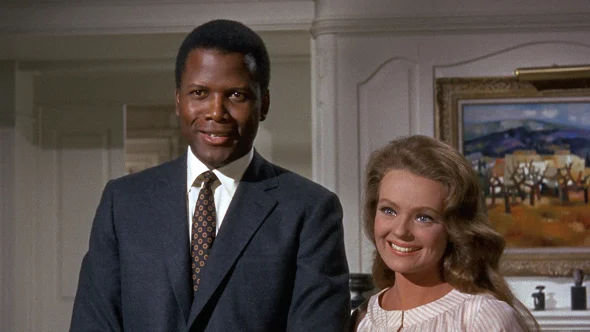
Directed by: Stanley Kramer | Written by: William Rose
Guess Who's Coming to Dinner is a groundbreaking exploration of love in the face of societal prejudices. As Joanna Drayton and John Prentice, an interracial couple, break the news of their engagement to Joanna's liberal yet unprepared parents, the film unapologetically confronts latent racism. What makes this film particularly fascinating, for me, is its fearless approach to addressing racial issues head-on. As a young girl, witnessing a narrative that didn't shy away from the uncomfortable conversations about race was both eye-opening and empowering. The movie becomes a mirror reflecting the societal shifts of its time and remains a timeless reminder of the transformative potential of love, leaving an indelible mark on my cinematic journey.
